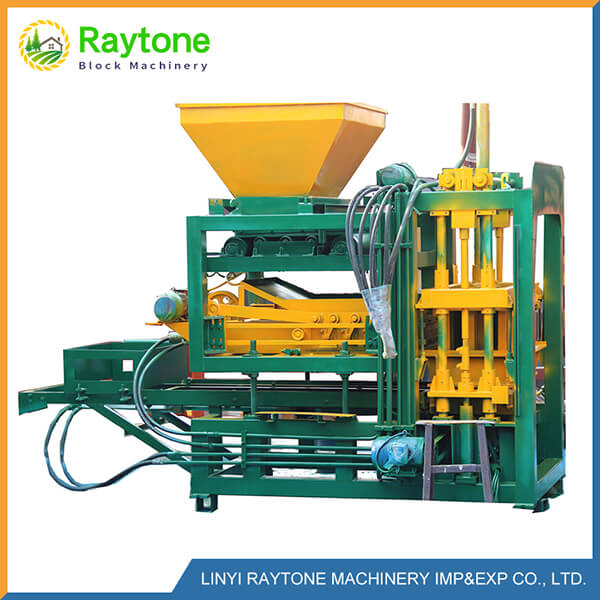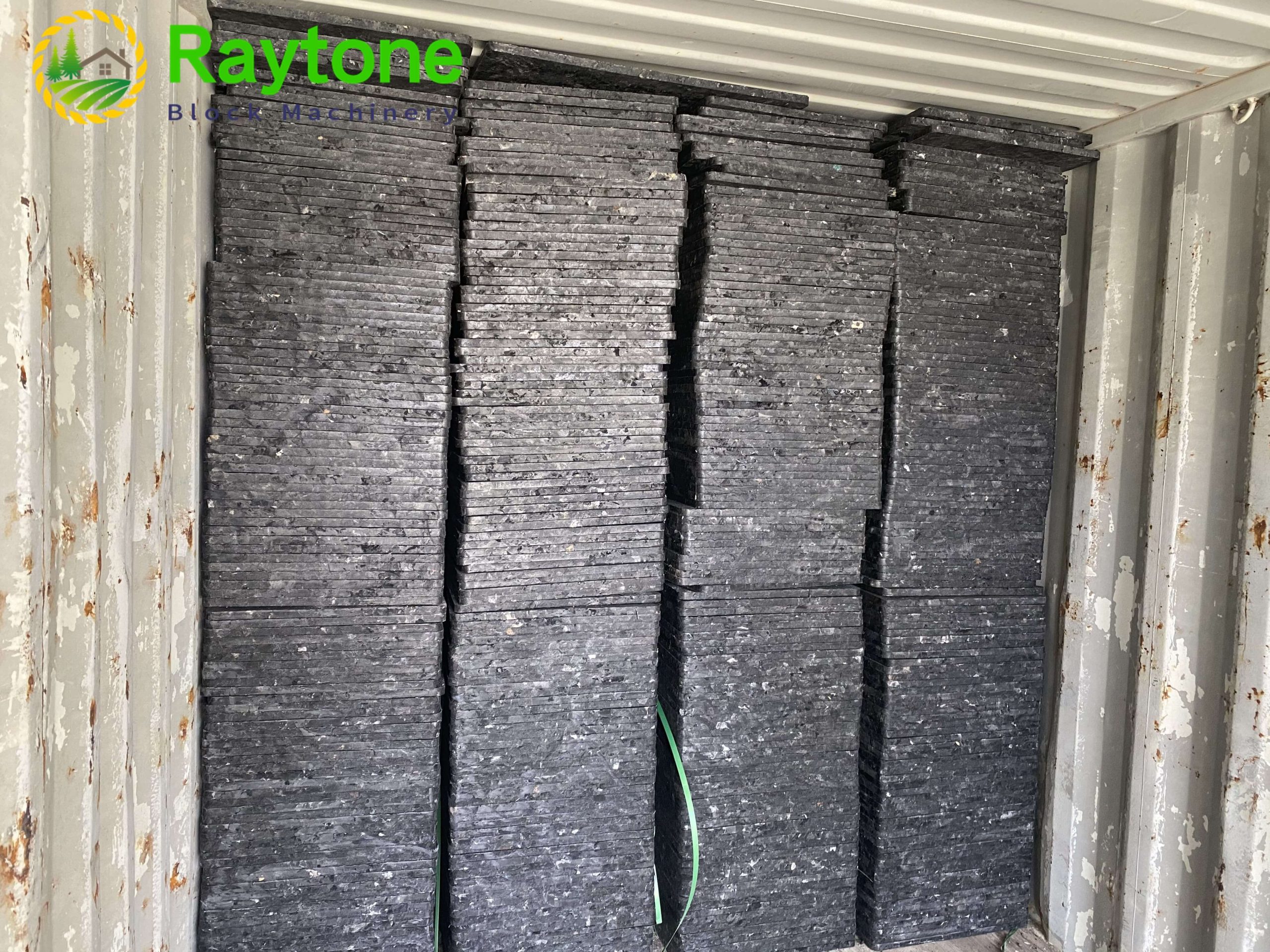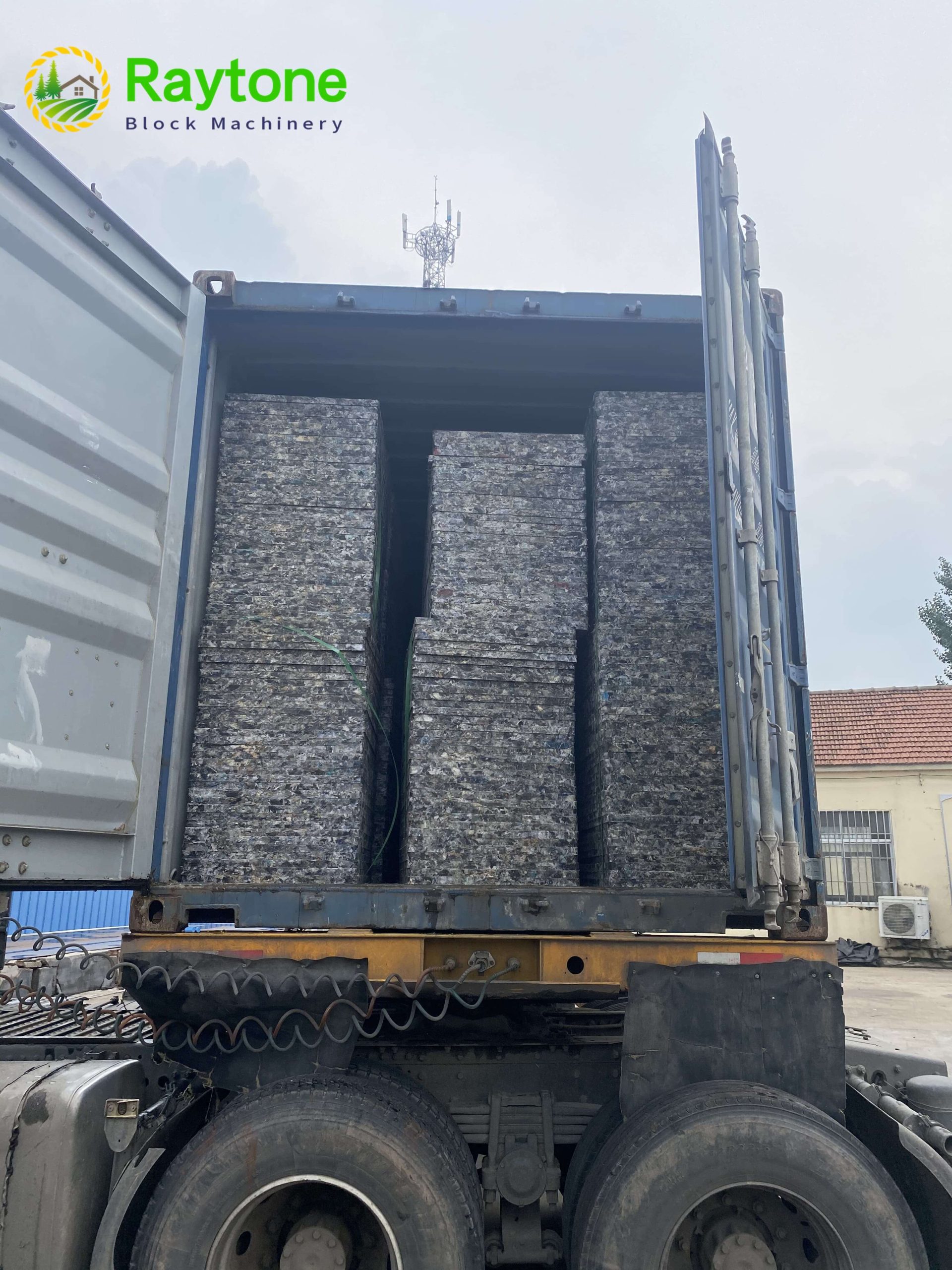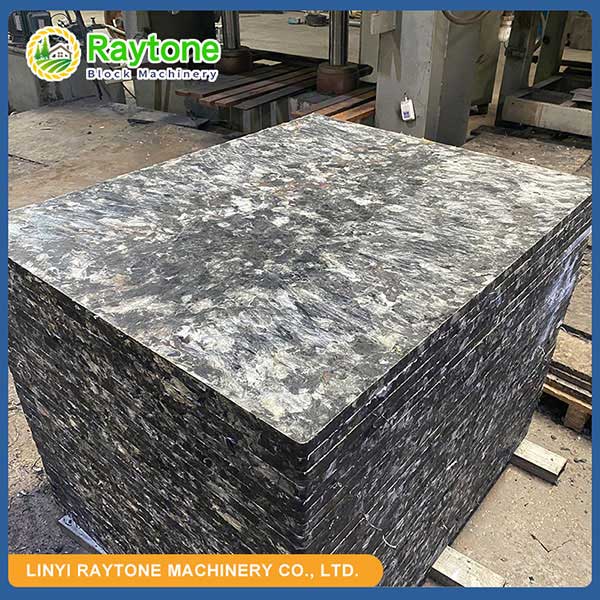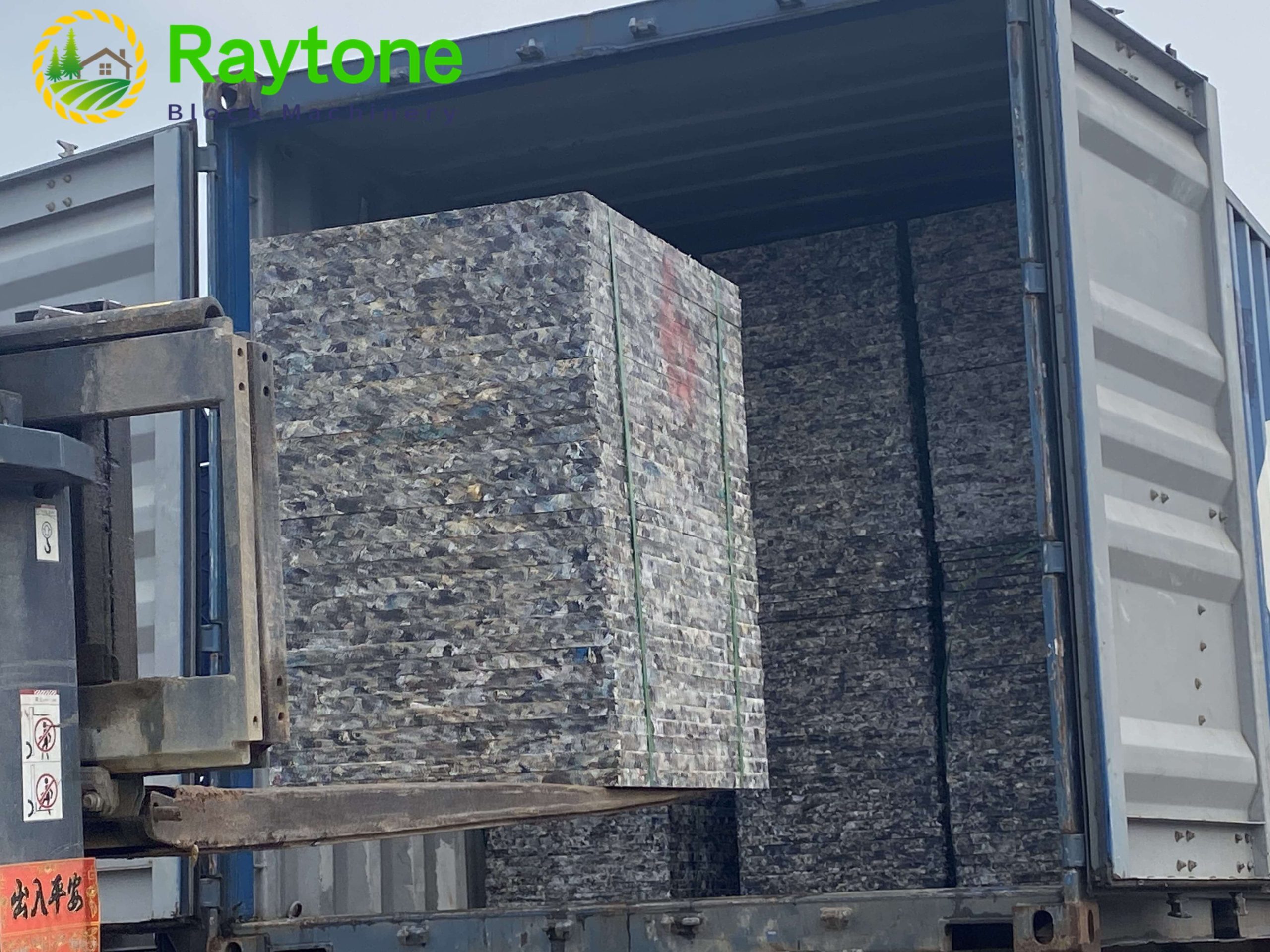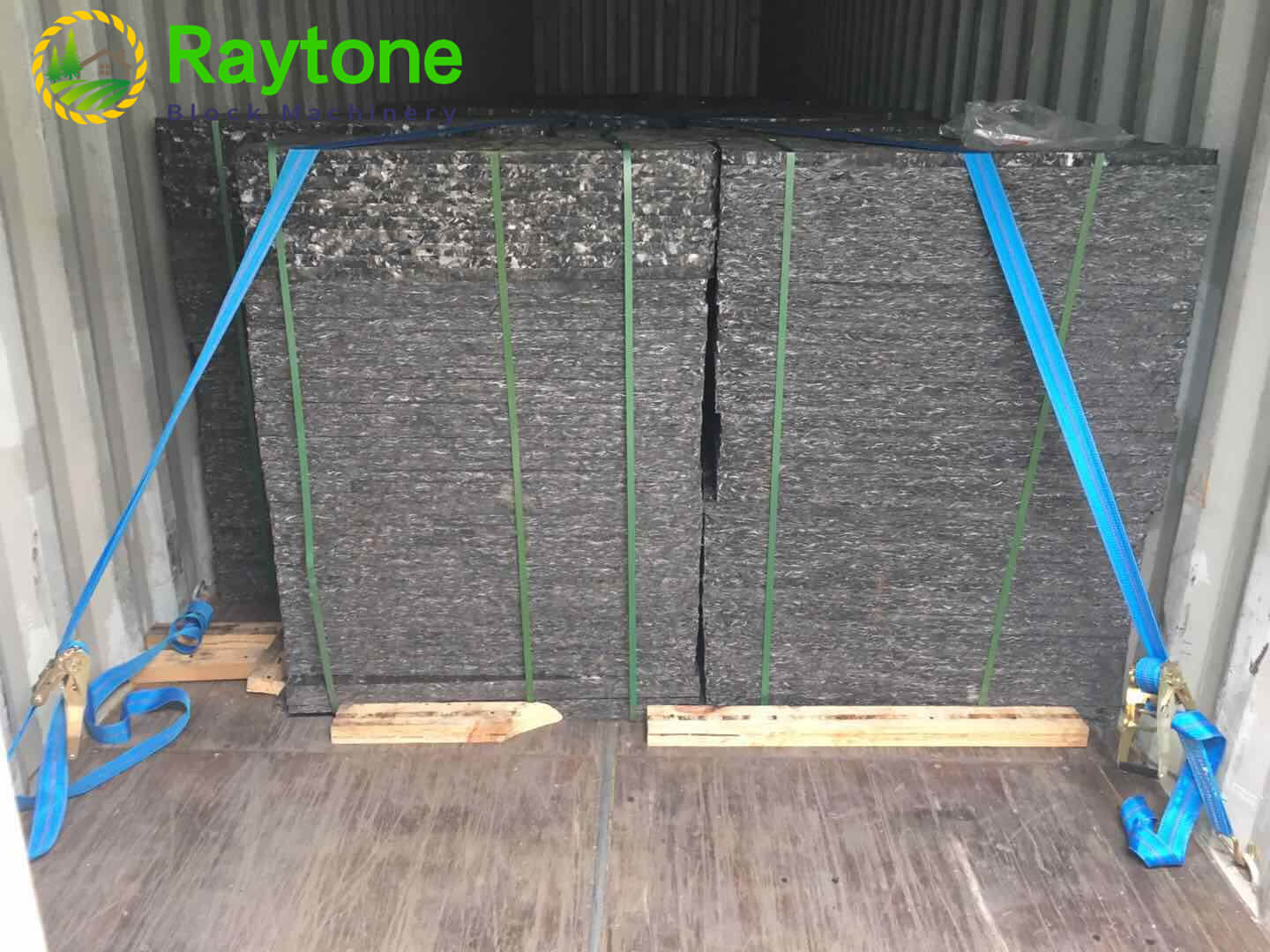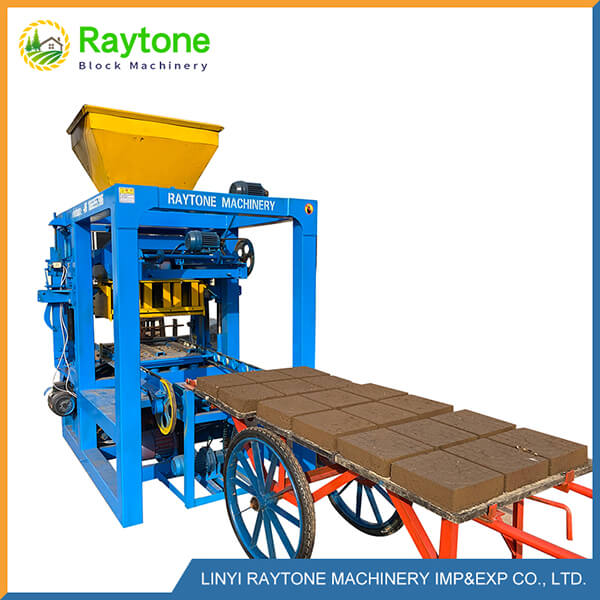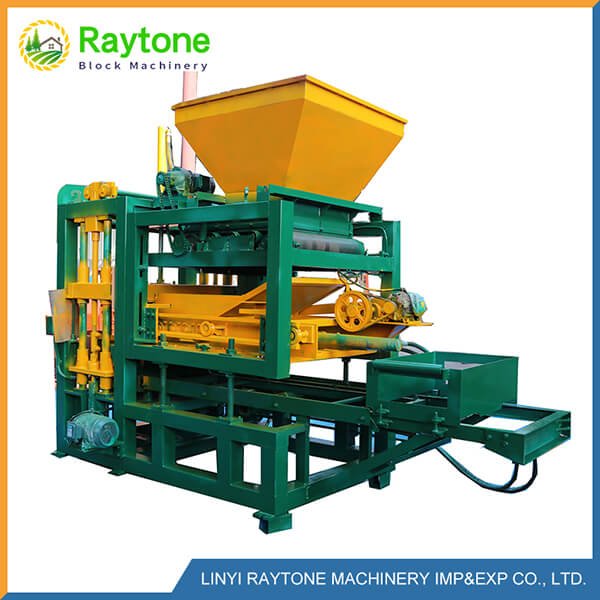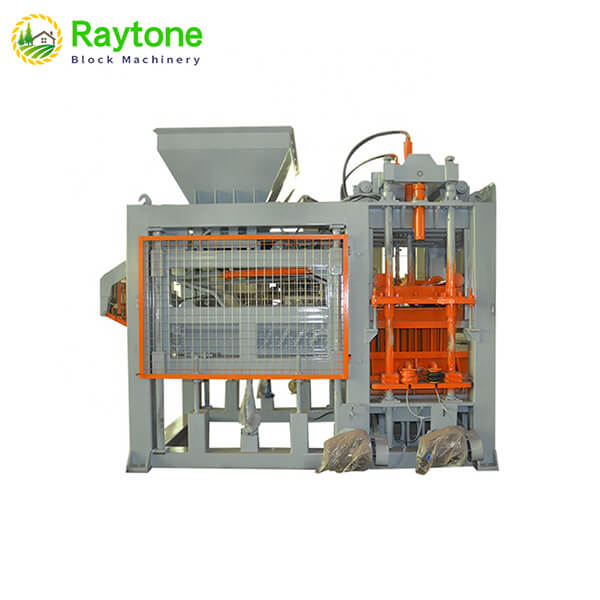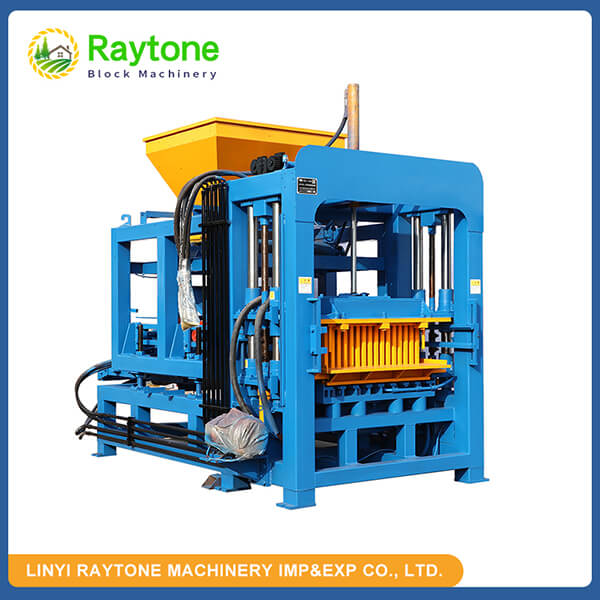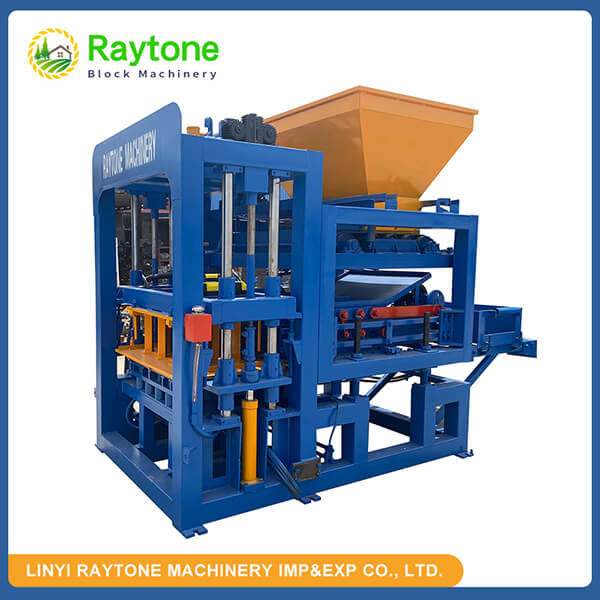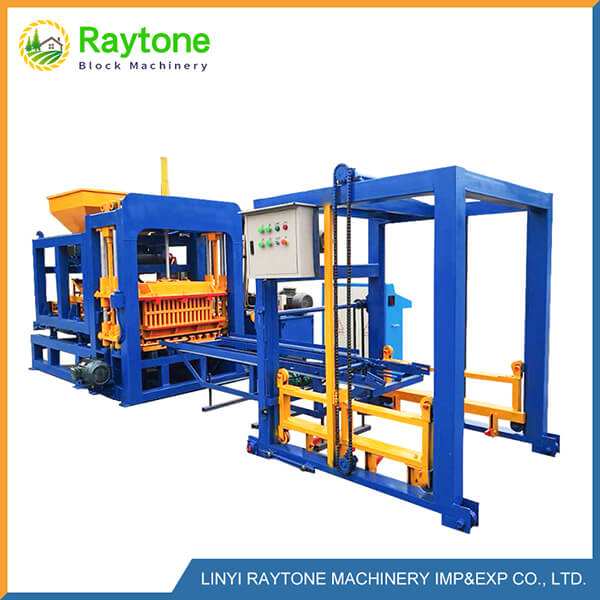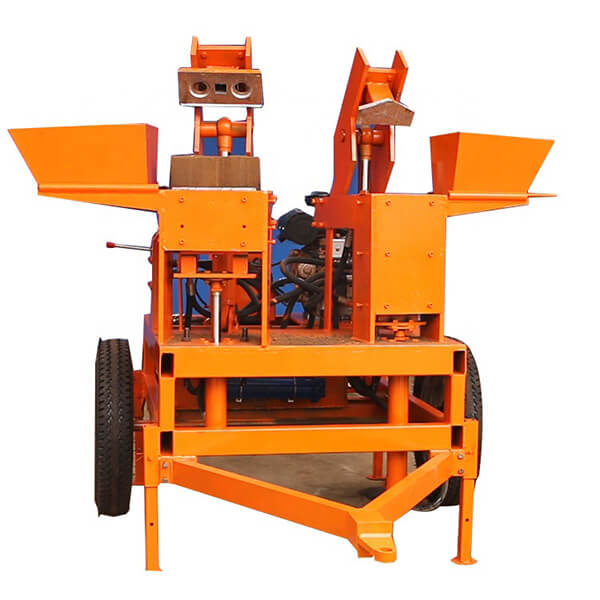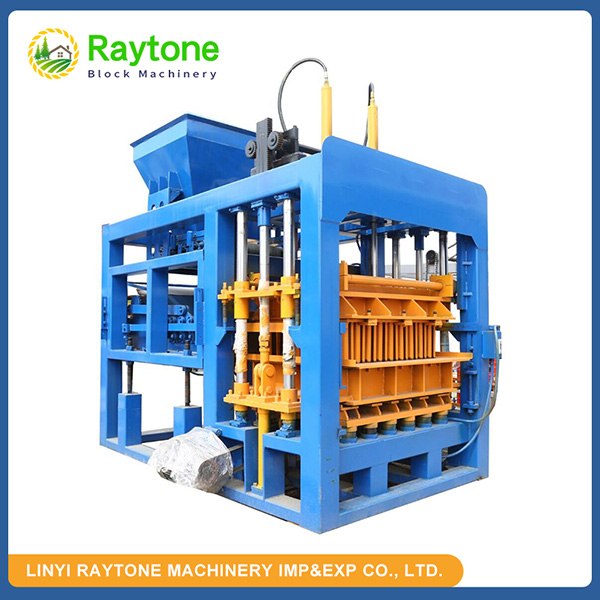When it comes to choosing between a hollow block machine and a solid block machine, the decision ultimately depends on your specific project requirements and production goals. Hollow blocks are lighter, provide better insulation, and are more cost-effective for large-scale construction projects. On the other hand, solid blocks offer superior strength and durability, making them ideal for load-bearing walls and structures that require high compressive strength. Consider factors such as your target market, production capacity needs, and the types of construction projects you’ll be supplying. Ultimately, investing in a versatile machine that can produce both hollow and solid blocks may offer the best value and flexibility for your business.
Understanding Hollow and Solid Blocks
Characteristics of Hollow Blocks
Hollow blocks are distinguished by their internal cavities or voids, which make them significantly lighter than solid blocks. This reduced weight facilitates easier handling and transportation on construction sites. Additionally, the air pockets within hollow blocks provide excellent thermal insulation, helping to maintain indoor temperatures and reduce heating and cooling costs. Due to these properties, hollow blocks are especially suited for non-load-bearing walls, partitions, and structures where weight reduction and energy efficiency are priorities.
Advantages of Solid Blocks
Solid blocks are composed entirely of concrete without internal voids, resulting in greater strength and durability. These blocks are ideal for structural applications such as load-bearing walls and building foundations where robustness is crucial. Solid blocks also offer superior sound insulation and enhanced resistance to moisture penetration. Because of their dense and sturdy nature, they are often chosen for construction in regions susceptible to extreme weather or seismic activity, ensuring long-term stability and protection.
Comparing Production Processes
The manufacturing processes for hollow and solid blocks primarily differ in mold design and compaction methods. Hollow block machines use molds equipped with cores that create the characteristic internal cavities during molding. In contrast, solid block machines employ simpler molds without cores. Additionally, variations in compression and vibration techniques help optimize material distribution and compaction for each block type, ensuring the finished products meet their respective strength and density requirements.
Factors to Consider When Choosing a Block Machine
Production Capacity and Efficiency
When selecting a block machine, consider your production requirements. Hollow block machines often have a higher output capacity due to the reduced material usage per block. However, solid block machines may offer faster production cycles for certain block sizes. Evaluate your target production volume and the efficiency of different machine models to find the best fit for your operation.
Versatility and Adaptability
Some hollow block machines offer the flexibility to produce both hollow and solid blocks by using interchangeable molds. This versatility can be a significant advantage, allowing you to cater to diverse market demands without investing in separate machines. Consider machines that offer easy mold changes and adjustable settings to accommodate different block types and sizes.
Cost Considerations and Return on Investment
While the initial investment for a block machine can be substantial, it’s essential to consider the long-term return on investment. Analyze factors such as production capacity, energy efficiency, maintenance requirements, and the potential market demand for different block types. A machine that aligns with your business goals and offers room for growth can provide better value over time.
Making the Right Choice for Your Business
Assessing Market Demand
Before making a decision, conduct thorough market research to understand the demand for hollow and solid blocks in your target area. Consider factors such as local construction trends, building regulations, and customer preferences. This information will help you determine which type of block machine will best serve your market and maximize your business opportunities.
Evaluating Technical Specifications
Carefully review the technical specifications of hollow block machines. Pay attention to details such as motor power, hydraulic system capacity, and control mechanisms. Look for machines that offer precise control over compression and vibration settings, as these factors significantly impact block quality. Advanced features like automated pallet feeding systems and remote diagnostics can enhance productivity and reduce downtime.
Considering Future Expansion
When investing in a block machine, think beyond your current needs and consider your future growth plans. Opt for a machine that offers scalability and can accommodate potential increases in production volume. Some manufacturers offer modular systems that allow for easy upgrades or additions to your production line as your business expands.
Conclusion
Choosing between a hollow block machine and a solid block machine requires careful consideration of various factors, including market demand, production requirements, and long-term business goals. While hollow blocks offer advantages in terms of weight and insulation, solid blocks excel in strength and durability. The ideal solution for many businesses may be a versatile machine capable of producing both types of blocks, providing flexibility to meet diverse customer needs. By thoroughly assessing your specific requirements and market conditions, you can make an informed decision that will drive your block production business towards success.
Contact Us
At Raytone Machinery, we understand the importance of selecting the right block machine for your business. Our range of high-quality concrete block machines offers versatility, reliability, and cost-effectiveness to meet your production needs. With our commitment to excellence and customer satisfaction, we’re here to help you make the best choice for your block manufacturing operation. For more information about our products and how we can support your business, please contact us at hazel@raytonechina.com.
References
- Smith, J. (2022). “Advancements in Block Manufacturing Technology.” Construction Engineering Journal, 45(3), 78-92.
- Johnson, A. et al. (2021). “Comparative Analysis of Hollow and Solid Concrete Blocks in Modern Construction.” Building Materials Research, 33(2), 156-170.
- Thompson, R. (2023). “Market Trends in Concrete Block Production: A Global Perspective.” International Journal of Construction Economics, 18(4), 302-315.
- Lee, S. and Park, K. (2022). “Energy Efficiency in Block Manufacturing: A Case Study of Automated Production Lines.” Sustainable Construction Technologies, 29(1), 45-58.
- Garcia, M. (2021). “Quality Control Measures in Concrete Block Production: Best Practices and Standards.” Journal of Construction Quality Assurance, 12(3), 201-215.
- Brown, D. et al. (2023). “Economic Impact of Versatile Block Machines on Small to Medium-sized Construction Businesses.” Entrepreneurship in Construction, 7(2), 89-103.

